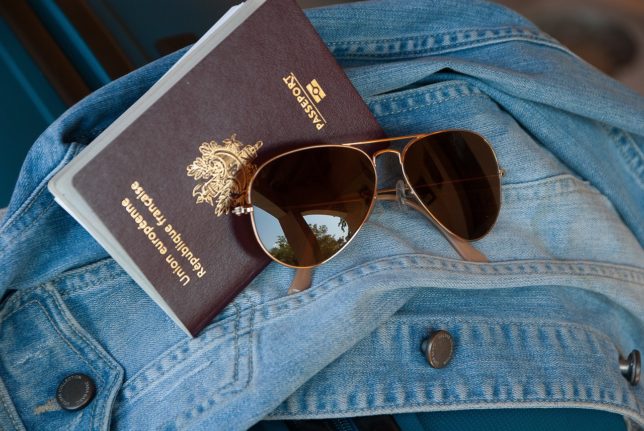First things first: Swiss legislation prohibits discrimination in the workplace based on ethnic origin, nationality, religion, or sexual orientation.
In fact, an employer can’t even ask questions related to these areas.
So how is it possible that companies can choose to hire one foreign worker and reject another, based solely on what passports they hold?
And why isn’t this considered ‘discrimination’?
Strict criteria
Employers in Switzerland must comply with government rules, and specifically with the ‘hiring hierarchy’ that applies to the labour market.
This ‘pecking order’, as it were, gives employment priority for any job vacancy to Swiss citizens. If none can be found, then companies can hire workers from the European Union or EFTA state.
In case employees who are qualified for a given job are not available from among the EU / EFTA pool, then (and only then) companies can look for candidates from farther afield — that is, from third nations.
This is, however, a much more difficult process because non-Europeans are subject to a quota system and more restrictive conditions.
READ ALSO: Switzerland’s planned work quotas for third-country nationals
So when applications from candidates in, say, India or Brasil, are turned down on the basis of their nationality, this rejection can’t be taken as an act of discrimination or racism, but rather as compliance with official rules.
From the purely practical point of view, it is also much easier for an employer to recruit from the EU / EFTA, as these workers have an almost unlimited access to Switzerland’s labour market; the only reason a company would not hire them would be if a Swiss candidate could fill a vacant position.
This means that if a Swiss citizen is hired instead of a foreigner, the latter can’t really claim he or she was discriminated.
The way the government looks at this is that foreign workers — regardless of their nationality — are here to fill the gaps in the labour market, and not to take the jobs away from the Swiss.
There are, however, regulations within those laws.
Let’s say two equally qualified candidates present themselves for a job: one is from Germany and the other from France.
In this case the employer must choose the applicant who is better suited for the position, based on criteria such as education and professional experience.
If the employer selects a candidate based on their nationality — for instance, he likes Germans more than the French (or vice versa) — that could be construed as a discriminatory act.
In the event no Swiss or EU / EFTA candidate could be found and the company is ready to hire non-Europeans, the same rule applies: selection must be based on ability and credentials, and not on nationality.



 Please whitelist us to continue reading.
Please whitelist us to continue reading.
Member comments